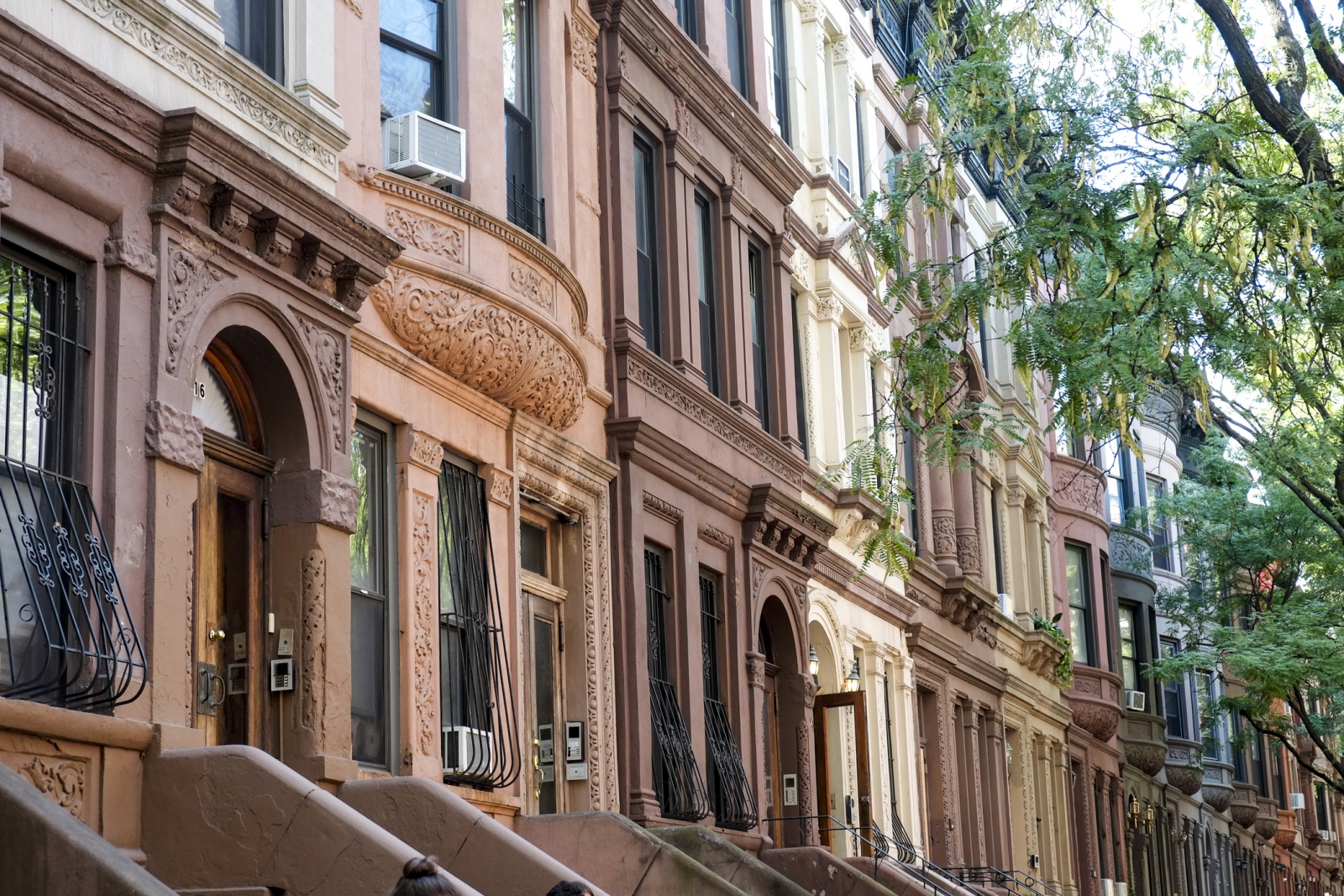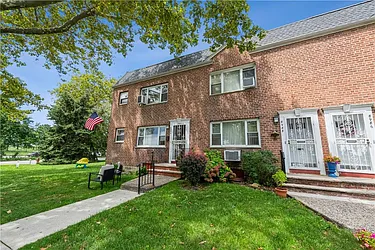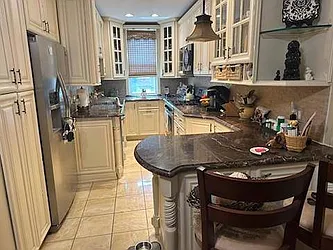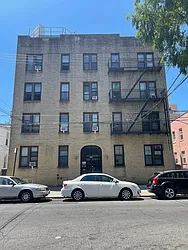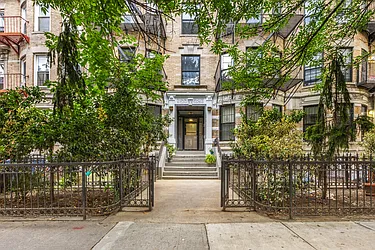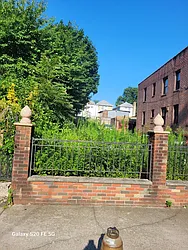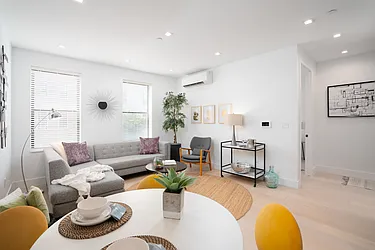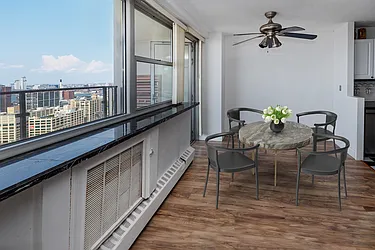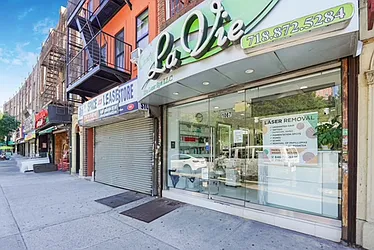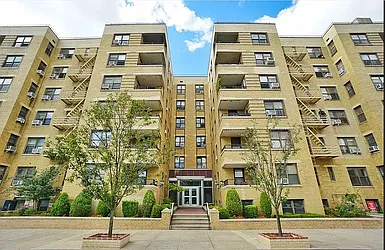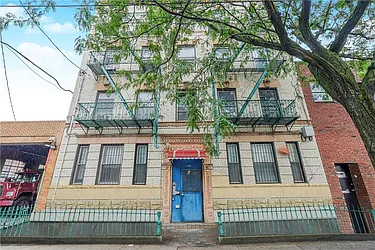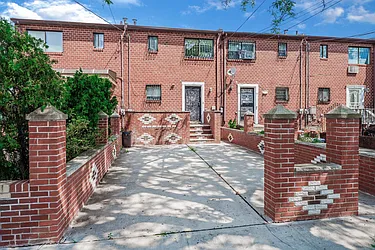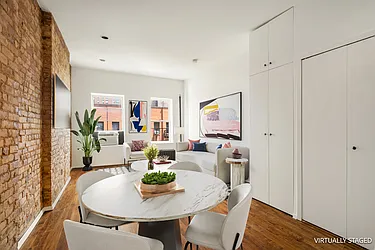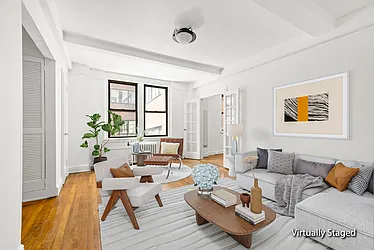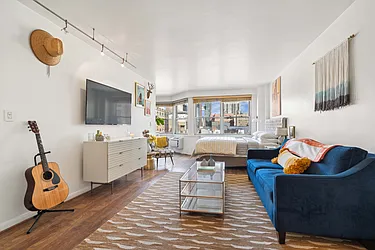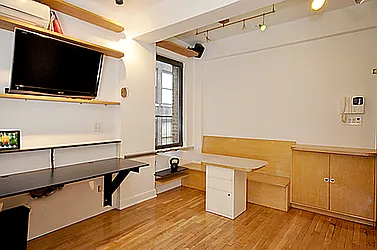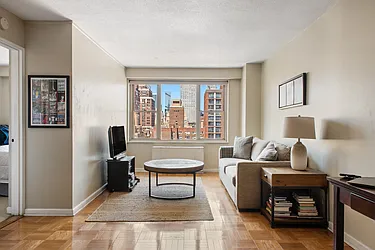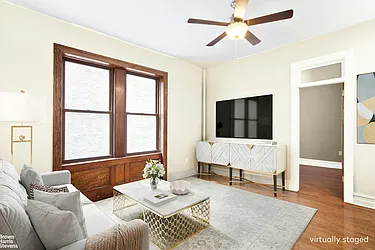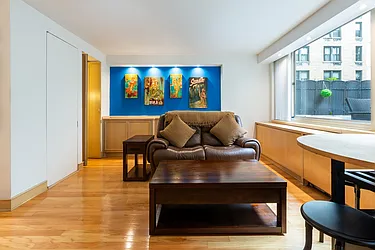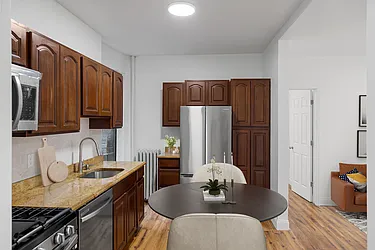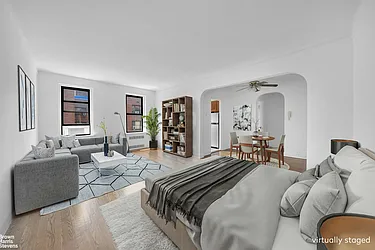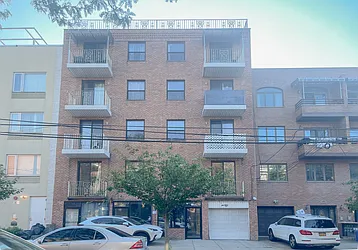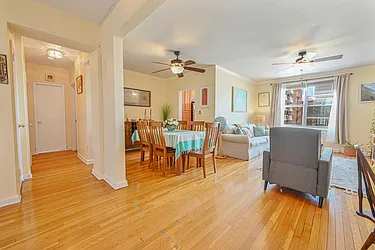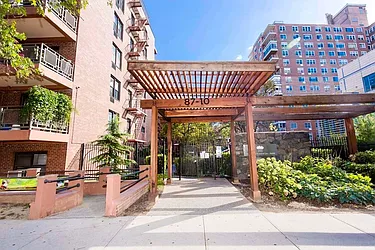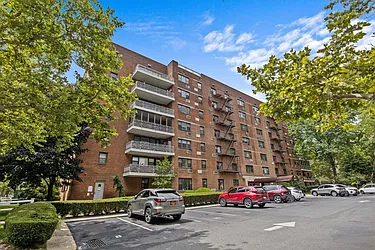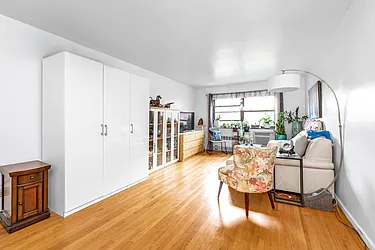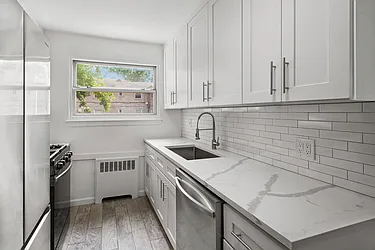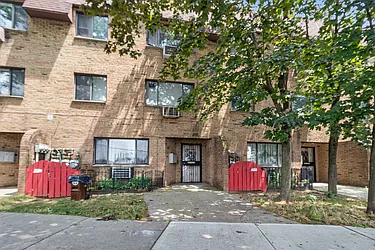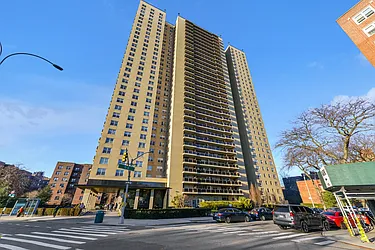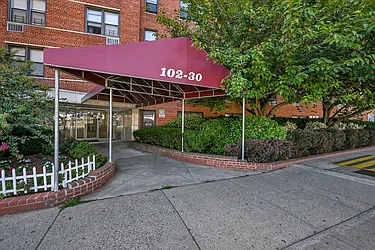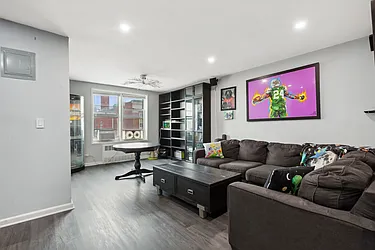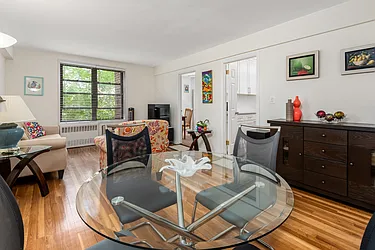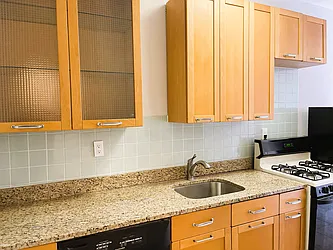How to Sell Your NYC Home
If you are selling your NYC home, you need to be aware of closing costs, particularly transfer taxes. They are your highest cost, typically after paying your listing agent’s commission. These taxes are levied both by New York State and New York City. So how much are transfer taxes, and do home sellers always have to pay them?
Brooklyn Homes Under $600K on StreetEasy Article continues below
When Is the NYC Transfer Tax Applied?
The NYC transfer tax, formally known as the Real Property Transfer Tax (RPTT), must be paid whenever real estate transfers between two parties. It applies to all residential properties in NYC worth over $25,000, including townhouses, condos, and co-ops. Outside of NYC, a statewide transfer tax applies.
“There’s no distinction between condos, co-ops, or townhouses,” says Brian Babst of Compass. “Transfer tax is paid by sellers in almost all instances — with the possible exception of new developments (more on that shortly), where the buyer traditionally pays it.”
What About Flip Tax?
For sellers in certain co-ops, the so-called flip tax can be larger than the transfer tax. A flip tax can range from a modest $500 to 15% or more of the sales price. Higher flip taxes arise in buildings that were previously income-restricted HDFC apartments. If the owners are now permitted to sell their shares for fair market value, they’re likely making a huge profit. Hence, the co-op feels entitled to share in this money via a flip tax. However, you will not see these fees in all co-op buildings, and you will never see them in condo buildings.
How Much Are the NYC and NY State Transfer Taxes?
The New York City transfer tax sits at 1% of the sales price for homes worth $500,000 or less. For homes with sales prices over $500,000, the tax is 1.425%.
You will also be subject to New York State transfer taxes, which is 0.4% of the sales price for properties below $3 million, and 0.65% for properties over $3 million.
For example, if a property sells for $499,999 or less, the combined total transfer tax is 1.4%. If the property cost more than $500,000, the total transfer tax is 1.825 to 2.075%, depending on the price.
Are you selling a home for $ 1 million or more? You will also have to pay a mansion tax.
Manhattan Homes Under $600K on StreetEasy Article continues below
Examples of Transfer Tax Costs
Selling for $425K
Imagine you were selling a studio on the Upper East Side for $425,000. Because the sales price is below $499,999, the total transfer tax rate would be 1.4%. It’s the sum of the New York state transfer tax (0.4%) and the NYC transfer tax (1%). The total amount of transfer tax owed is $5,950 ($425,000 x 1.4%).
Selling for $2.4M
If you were selling a 2-bedroom loft in Tribeca for $2,400,000, you would be paying a transfer tax of 1.825%, as the sales price is above $500,000. Based on the sales price, the total transfer tax would be $43,800 ($2,400,000 x 1.825%).
Selling for $5M
If you sold a $5M property in Gramercy Park, you would pay a total transfer tax of 2.075%, which would cost you $103,750 (1.425% for NYC and 0.65% for NYS).
Queens Homes Under $600K on StreetEasy Article continues below
Who Pays Transfer Taxes in NYC?
Generally speaking, in NYC, the seller covers the transfer tax.
However, there is one crucial caveat. If you buy a sponsor unit in a new development property, you might be asked to pay the transfer tax. However, sometimes developers will pick up the tab as a point of negotiation, depending on market conditions and how quickly a developer needs to move the unit.
“In recent years, with the flood of excess new development inventory, developers have been eating this cost in a way that they didn’t traditionally,” Babst explains. Additionally, if a buyer is paying the transfer tax, they cannot finance its cost. They need to have this cash available at closing.
To summarize, buying and selling property in NYC incurs numerous fees and taxes. Speak with a broker and a real estate attorney about all the closing costs involved to get an accurate understanding of what you’ll need to pay.
